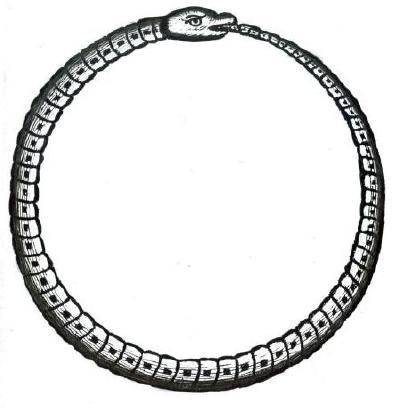But it would be external, separate, and objective. Those are words we use to describe things that are not a direct part of our conscious processes. I doubt there is an experiment we could perform to separate "consciousness-based external reality" from "physical external reality."Perhaps it might help to avoid thinking of things in terms of internal and external. Perhaps there is no external reality. Perhaps we live in a consciousness-generated virtual reality.
To us, that reality would seem exactly like what we now perceive to be external, separate and objective because our view is that of a part of the conscious whole: a tiny, individualised point of consciousness with limited perspective. The whole can experience what we experience but, in our restricted form, we can't experience the whole.
Most excellent questions.So Paul, Malf, etc. would be justified in making the observations they do because they (and we) do so from a restricted perspective. It all seems "out there" and the physicalist model seems to explain it all pretty well. I guess it takes a philosophical leap to arrive at the conclusion that we are all generated forms within a greater consciousness. Is there evidence to support making that leap? Can science take us there? Isn't that what this forum is discussing every day?
~~ Paul



